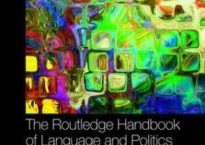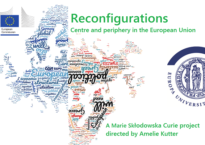Crisis and crisis narratives in Southwest Europe. Workshop for participants of the regional meeting of Studienstiftung des deutschen Volkes
In the past decade, societies in France, Italy, Portugal and Spain have gone through mutiple crisis. The recent pandemic further aggravates calamities that were already visible during the financial and Eurozone crisis: social inequalities, dysfunctions in national systems of social security and health provision, political instability and non-sustainable economies. At the same time, the Covid-19 pandemic markes a shift in policies of crisis management: on both national and European levels, policy-makers have departed from austerity and agreed on stimulus programmes, instead. This workshop explores reasons for this policy shift and the role, crisis narratives play in making that shift more or less possible.


